Описание
Введение
Коррозионные зонды EMT предназначены для предоставления точных и надежных данных о скорости коррозии в системах под давлением. Эти зонды играют решающую роль в поддержании целостности и безопасности промышленного оборудования.
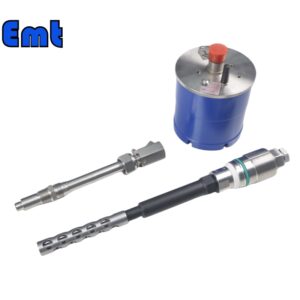
Важность мониторинга коррозии в системах под давлением
Мониторинг коррозии играет важную роль в поддержании производительности и безопасности систем под давлением. Оборудование под давлением, такое как трубопроводы, резервуары для хранения и теплообменники, используются в различных отраслях, включая нефть и газ, химический и электроэнергию. Эти системы часто подвергаются воздействию суровых сред и агрессивных химических веществ, которые могут ускорить процесс коррозии. Следовательно, незамеченная коррозия может привести к сбою оборудования, утечки и опасности окружающей среды, создавая значительные риски как для безопасности человека, так и для окружающей среды.
Обеспечение долговечности оборудования посредством мониторинга коррозии
Одной из основных целей мониторинга коррозии является продление срока службы оборудования в системах под давлением. Регулярный мониторинг позволяет операторам выявлять и отслеживать скорость коррозии, что помогает им принимать обоснованные решения относительно графиков обслуживания и замены. Внедряя соответствующие стратегии смягчения коррозии, такие как выбор материалов, защитные покрытия и катодная защита, срок службы оборудования может быть значительно продлена. Это не только снижает затраты на техническое обслуживание, но также сводит к минимуму риск неожиданных сбоев и связанных с этим времени простоя, обеспечивая непрерывную работу системы под давлением.
Раннее обнаружение и предотвращение проблем, связанных с коррозией
Раннее обнаружение коррозии имеет решающее значение для предотвращения потенциальных утечек или сбоев в системах под давлением. Используя различные методы мониторинга коррозии, такие как зонды с электрическим сопротивлением, линейные зонды сопротивления поляризации и измерения ультразвуковой толщины, операторы могут быстро обнаружить начало коррозии и предпринять корректирующие действия. Своевременное вмешательство позволяет реализовать эффективные меры по профилактике коррозии, такие как корректировка условий процесса или применение химических ингибиторов, что может значительно снизить скорость коррозии. Благодаря активному решению проблем, связанных с коррозией, дорогостоящим ремонтом и простоями, можно избежать, обеспечивая безопасную и эффективную работу систем под давлением.
Типы коррозионных зондов
Зонд электрического сопротивления (ER) для сложных средств
Зонды ER предназначены для измерения как электрохимической, так и механической коррозии в суровых условиях. Эти зонды особенно полезны в отраслях, где коррозия представляет собой серьезную проблему для производительности и безопасности оборудования.
Зонд линейного поляризационного сопротивления (LPR) для решений на основе воды
Датчики LPR специально разработаны для измерения скоростей коррозии в водных решениях. Они предоставляют точные и данные в реальном времени, что позволяет операторам эффективно контролировать и контролировать коррозию.
Преимущества коррозионных зондов EMT
Улучшенная безопасность оператора с запатентованным фиксирующим кольтом и механической вставкой
Зонды EMT разработаны с сильным акцентом на безопасность оператора во время процессов установки и удаления. Запатентованная блокировка является одной из таких функций, которая обеспечивает безопасное и стабильное позиционирование зонда в системе под давлением. Механизм блокировки предотвращает случайное смещение или перемещение зонда во время работы, сводя к минимуму риск потенциальных травм или повреждения оборудования. Включая функции, ориентированные на безопасность, зонды EMT предоставляют операторам надежное и безопасное решение для мониторинга коррозии в различных промышленных приложениях.
Возможность механической вставки для повышения безопасности и удобства
В дополнение к запатентованному фиксирующемуся коллете, зонды EMT предлагают возможность механической вставки, дополнительно повышая безопасность операторов во время установки и удаления. Функция механической вставки обеспечивает более легкую и более контролируемую обработку зонда, снижая возможность несчастных случаев и травм. Эта добавленная функциональность обеспечивает не только более высокий уровень безопасности для операторов, но и повышает эффективность процесса установки и удаления. Объединив как запатентованные фиксирующие кольт, так и возможность механической вставки, зонды EMT обеспечивают оптимальный баланс безопасности, надежности и удобства в решениях по мониторингу коррозии.
Улучшенная прослеживаемость материала с помощью сертификации материалов и резюме теста
Преседы EMT поставляются с сертификацией материалов и резюме для испытаний, улучшая отслеживаемость материала и обеспечение соответствия отраслевым стандартам.
Соответствие правилам безопасности и стандартам NACE
Зонды EMT придерживаются правил безопасности и стандартов NACE, что делает их надежным и заслуживающим доверия выбором для мониторинга коррозии в различных отраслях.
Опыт и руководство от EMT с 30 -летним опытом
Имея более чем 30 -летний опыт работы в этой области, EMT предоставляет клиентам опыт и руководство, гарантируя, что они получают максимальную отдачу от своих зондов мониторинга коррозии.
Ключевые особенности коррозионных зондов EMT
Снятие давления с помощью кровотечения клапана
Преседы EMT оснащены кровотечением, что позволяет операторам безопасно снять избыточное давление процесса.
Интегрированная цепочка безопасности для избранных моделей
Некоторые модели зондов EMT оснащены интегрированной цепочкой безопасности, добавляя дополнительный уровень безопасности во время установки и удаления.
Рука или механически вставлен для повышения безопасности оператора
Зонды EMT могут быть вставлены вручную или механически, повышая безопасность оператора во время установки и удаления.
Инструменты вставки нетелескопирования и параметры сбора удаленных данных
EMT предлагает нетелескопические инструменты вставки и варианты сбора удаленных данных, что облегчает операторам доступ и анализ данных коррозии.
Компоненты SS 316/316L для контакта с процессовыми жидкостями
Зонды EMT построены с компонентами из нержавеющей стали 316/316L, обеспечивая совместимость с широким спектром процессовых жидкостей.
Связанные предметы
EMT also offers a variety of related items such as Insertion Tools, Chemical Injection Atomizers, Corrosion Coupon Holders, and Injection & Sample Quills, providing comprehensive corrosion monitoring solutions.
Заключение
Резюме о важности и преимуществах коррозионных зондов EMT
В заключение, датчики мониторинга коррозии EMT играют жизненно важную роль в поддержании безопасности и эффективности систем под давлением. Выбирая зонды EMT, операторы могут извлечь выгоду из улучшенных функций безопасности, улучшенной отслеживаемости материалов и соблюдения отраслевых стандартов, обеспечивая надежный и точный мониторинг скорости коррозии.
Часто задаваемые вопросы
Q1: Какова цель датчиков мониторинга коррозии EMT?
A1: зонды мониторинга коррозии EMT предназначены для предоставления точных и надежных данных о скорости коррозии в системах под давлением, обеспечивая целостность и безопасность промышленного оборудования.
Q2: Почему мониторинг коррозии важен в системах под давлением?
A2: Мониторинг коррозии имеет важное значение в системах под давлением под давлением для поддержания долговечности оборудования, предотвращения утечек или сбоев, а также избегать дорогостоящего ремонта и времени простоя, выявляя коррозию на раннем этапе.
Q3: Какие типы зондов доступны для мониторинга коррозии в сложных условиях?
A3: зонды с электрическим сопротивлением (ER) специально предназначены для измерения как электрохимической, так и механической коррозии в суровых условиях, где коррозия представляет собой серьезную проблему для производительности и безопасности оборудования.
Q4: Какой тип зонда подходит для измерения скоростей коррозии в растворах на водной основе?
A4: зонды линейной поляризации (LPR) специально разработаны для измерения скоростей коррозии в водных решениях, предоставляя точные и в реальном времени данные для эффективного мониторинга коррозии и управления.
Q5: Каковы некоторые ключевые особенности зондов мониторинга коррозии EMT?
A5: зонды мониторинга коррозии EMT обеспечивают повышенную безопасность оператора с такими функциями, как запатентованная фиксирующая кольт и возможность механической вставки. Они также обеспечивают улучшенную прослеживаемость материала посредством сертификации материалов и резюме для испытаний. Кроме того, зонды EMT соответствуют правилам безопасности и стандартам NACE, а их ключевые функции включают в себя снятие давления с помощью кровотечения, интегрированной цепочки безопасности (в избранных моделях), ручные или механические опции для повышенной безопасности оператора, а также нетелескопические инструменты вставки и возможности для сбора удаленных данных.

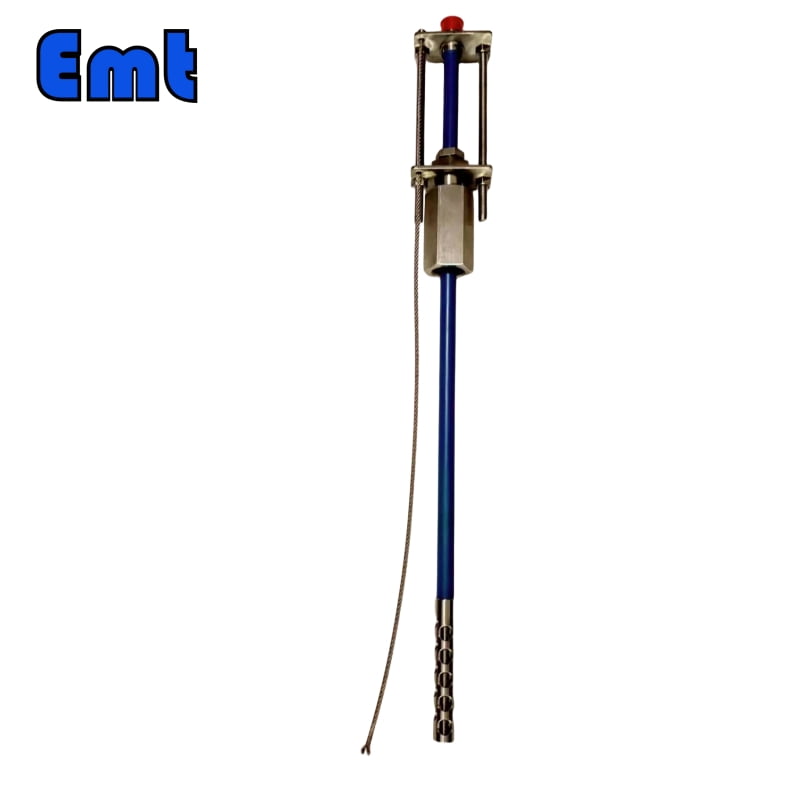
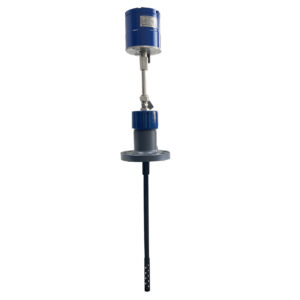
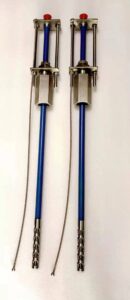
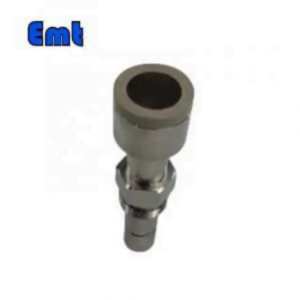
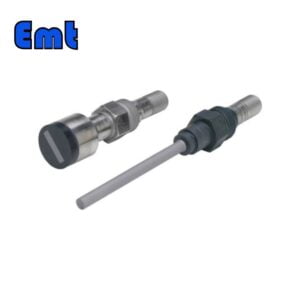
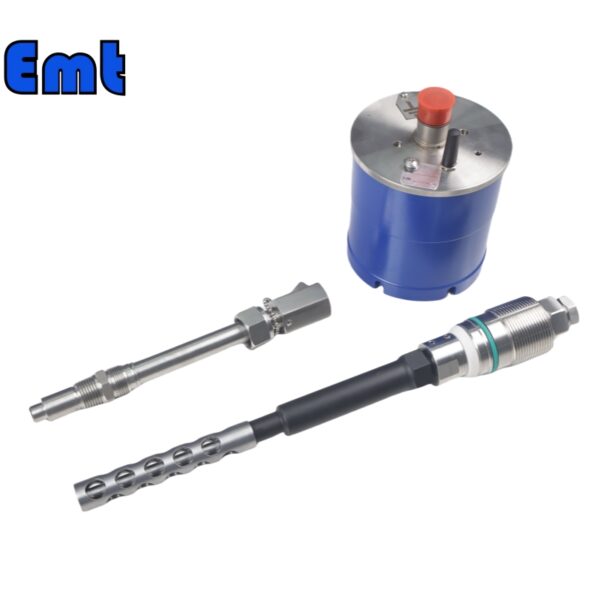
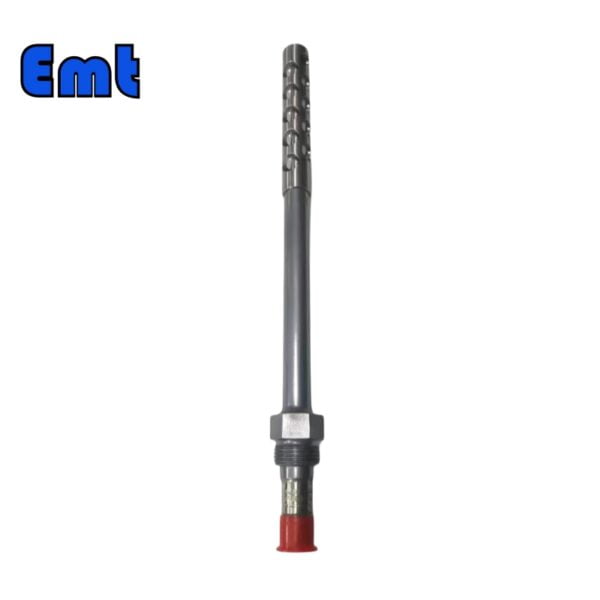
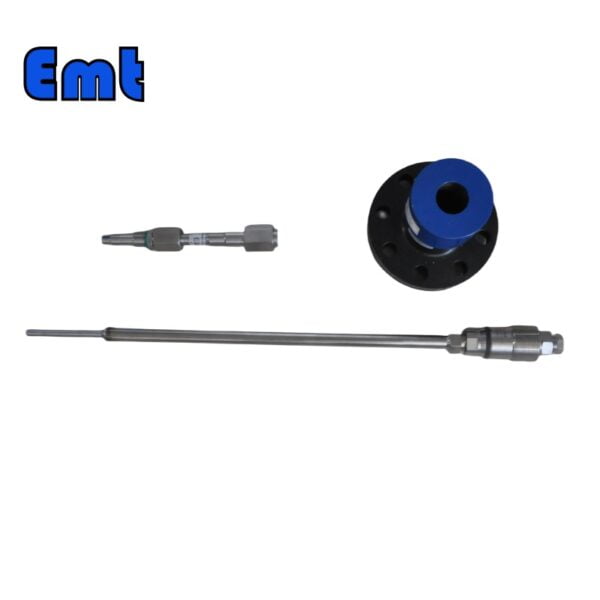
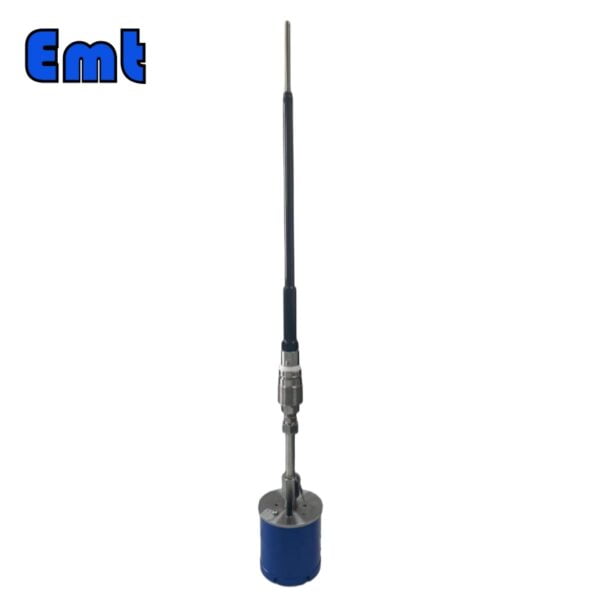
Отзывы
Пока нет отзывов.